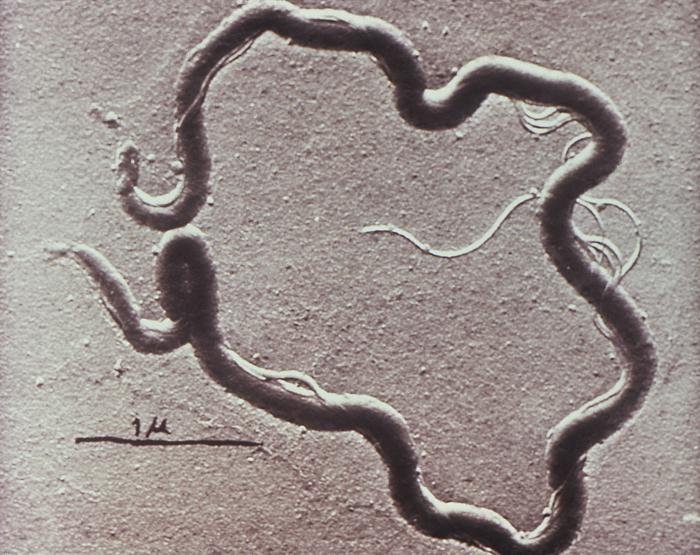The Alabama Department of Public Health has issued a health advisory to inform the public of a rise in syphilis cases in north Alabama. So far this year in Madison County, health officials have discovered 54 cases, more than a 90 percent increase over the number of cases of primary and secondary syphilis that were seen in 2015.

“Most sexually transmitted disease cases continue to go undiagnosed and untreated,” Assistant State Health Officer Dr. Scott Harris said. “We are especially concerned about the resurgence of congenital syphilis, and syphilis and gonorrhea increases among men who have sex with men.”
Patients with syphilis can be divided into many stages, including primary, secondary, latent and late forms, but it is the primary and secondary stages that are especially concerning, because these are the stages in which the disease can be transmitted sexually, or from a pregnant woman to her newborn.
The health department is implementing a program of enhanced screening and outreach to those groups who are most at risk, using its disease interventionists and medical staff. In most cases, syphilis can be cured by antibiotics that are given by injection or by mouth.
Infection with syphilis can occur after a person has direct contact with a syphilis sore during vaginal, anal or oral sex. Sores can be found on the penis, vagina, anus, in the rectum, or on the lips and in the mouth. Syphilis can also be passed from a pregnant woman to her baby. Persons who contract syphilis may develop a sore or may have a rash, but many people do not notice these symptoms, and will not be aware of infection unless they are tested.
When syphilis is not treated, persons can develop more severe health problems, including blindness, neurologic problems or heart problems. These health problems can be especially severe when a baby is born with the disease.
All pregnant women should be routinely tested for syphilis during pregnancy and at delivery. Also, anyone who may be at risk for any sexually transmitted infection is encouraged to undergo testing. Testing is done by collecting a blood sample, and can be done by a medical practitioner or by the health department.
Safe sexual practices are the most important way to reduce risk for infection. These practices include remaining in a long-term monogamous relationship with a person who has tested negative for sexually transmitted infections, and being certain to use condoms correctly whenever engaging in sex.
Related:


Can you provide information on mycobacterium kansasii?